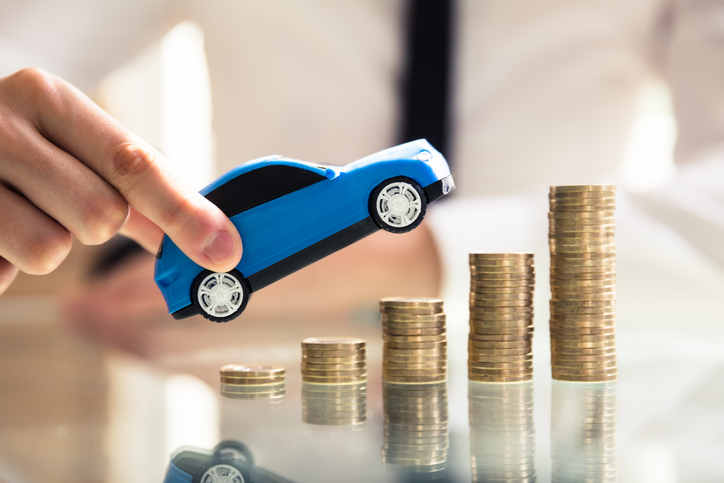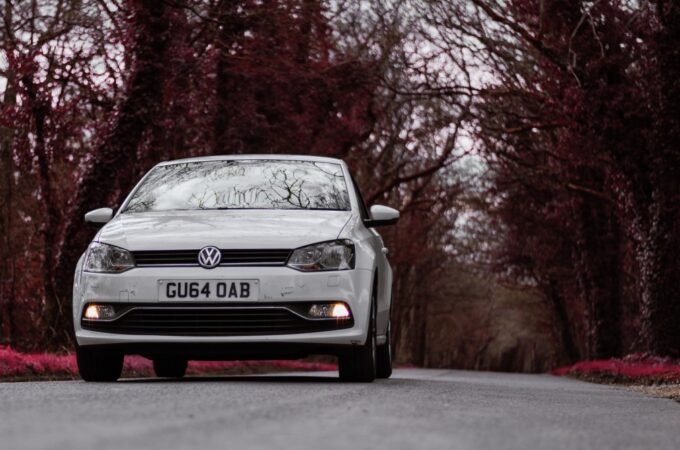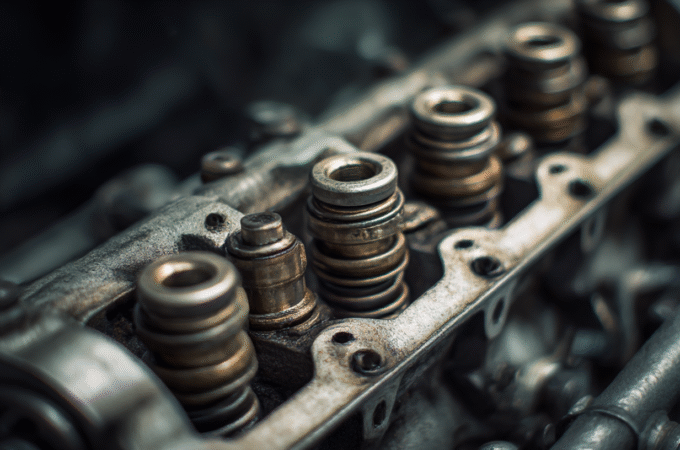
8 Easy Ways to Increase Your Cars Value
Car depreciation is a massive hinderance for many drivers, especially if you have a brand-new car. Some band new cars can lose up to 50% of their value once they are driven away from the dealership. Depreciation refers to the difference between how much a car is worth when it’s bought until it is sold. Losing depreciate at a fast rate can mean you miss out when it comes to selling your car on. If you’re in the market for a new car and want to increase the value of your current car, the guide below is here to help!
Why would you want to increase your cars value?
You may want to increase your cars value if you are looking to sell or part exchange your current car and get as much money as possible for it. When you sell your car privately you have more room for negotiation and updating a few aspects of your car and keeping it in good condition can help to get you more money when selling your car. You may have less wiggle room when selling at the dealership as they can value the car based on its market price. But part exchanging your car at a dealership can also be an easy and convenient way to get rid of your old car when buying a new one.
1. Keep it clean.
It may seem obvious but looking after your car and keeping it clean and tidy can help to increase its value. Before you come to sell your car, you could have a full valet or clean it yourself at home. If you’re taking pictures of your car to sell on the internet, a fresh and clean car will look way more attractive and definitely standout to buyers.

2. Keep up to date with servicing and MOTs.
A car that is well looked after can benefit from a higher resale value. You should make sure you keep up to date with servicing requirements, either each year or every 10,000 miles, whichever comes first. It can also be a good idea to sell your car just after it’s MOT as this can help to increase popularity and means your car is in the best condition it could be.
3. Drive safely and smoothly.
The way you drive your car can affect its performance and reduce its value. When you driving erratically, speed rapidly and slam on your brakes, it causes your car to undergo a lot of pressure and contributes to wear and tear. If you have any parts of the vehicle that have worn down such as the brakes, it can be a good idea to have these replaced before selling as it can increase the value.
4. Tidy up any scrapes or dents.
Its more than likely that your car will suffer a few scrapes and dents along the way. If you have any defects on your vehicle, you could think about touching up your paintwork or detailing your car before you sell it to help improve the aesthetic of your vehicle.
5. Check tyres.
As a driver, you should get into the habit of checking your tyres regularly anyway. However, when it comes to selling your car, this is especially important. If your tyres are visible worn, it can be a good idea to get them changed before selling and you could even invest in some alloy wheels if you don’t already have them to really maximise the price.
6. Have your documents in order.
If you’re looking to sell or part exchange your car, you will need to have all the supplying documents present before you can do so. Buyers of second-hand cars are especially interested in a car’s history and things like whether it’s been in an accident in the past or not. You should always keep your service book, logbook and any servicing receipts safe to save time when selling your car on.

7. Keep your mileage low.
A car with many miles on the clock will have a lower valuation than a one with fewer miles. A car with a higher mileage is more likely to be older and also more prone to something going wrong whilst on the road. It can be hard keeping track of if you need your car to get around, but you could think about things like combining journeys or using your car less if you want to keep mileage low.
8. Sell your car privately.
When it comes to selling your car, you can usually get more money for it when you sell it privately as you’re in control! A dealer will wan to make as much money as they can from your car, so they usually take the lowest amount for it possible. Some dealers can even factor in the cost of any work that will be done on the car before it can be sold on. Whilst it can be convenient to leave your car at the dealer when you pick u your new car, it may not be the most cost effective.




